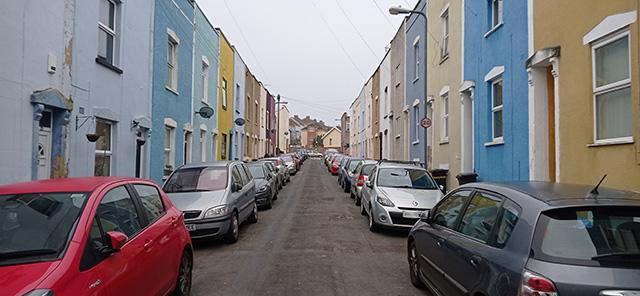
Earlier this year, we were given public data that unsurprisingly showed the highest number of COVID-19 infections were found in parts of Bristol with higher than average national indices of multiple deprivation. We wanted to find out more about why this was happening and also what can be done to reduce inequalities in these neighbourhoods.
Voscur’s Community Outreach Officer, Clare Daley, used our existing networks to find out more detail about the challenges and opportunities for people and VCSE organisations in six key neighbourhoods.
Three common challenges all the areas identified were:
However, we also found opportunities for new relationships between people and organisations strengthened through the pandemic, and new collaborative projects aiming to make community services safely available through new delivery methods and locations. The pandemic has acted a trigger for volunteer action, new community groups and increased support for equalities groups in some priority areas, but it also seems to have worsened existing inequalities in others.
New research from OSCI underscores our findings and shows that “left behind areas” typically have less community resources of every kind including cultural, green, educational, and leisure. They also receive less than half the grant funding to ‘third sector’ groups.
So what’s the answer? The OSCI concludes:
“Building community capacity, expanding third sector activity, and ensuring that residents have places to meet and make connections is likely to be an essential ingredient to addressing some of the currently unmet needs and complex deprivation challenges in these neighbourhoods.”
In Bristol, this kind of building back better is evident in targeted support for organisations to apply to the Bristol Impact Fund, promoting grant opportunities specifically seeking to address a low level of local awards and the development of a collaborative Recovery Action Plan aiming to do things differently.
What else could VCSE groups, policymakers and stakeholders do in Bristol to help? Let us know your thoughts.